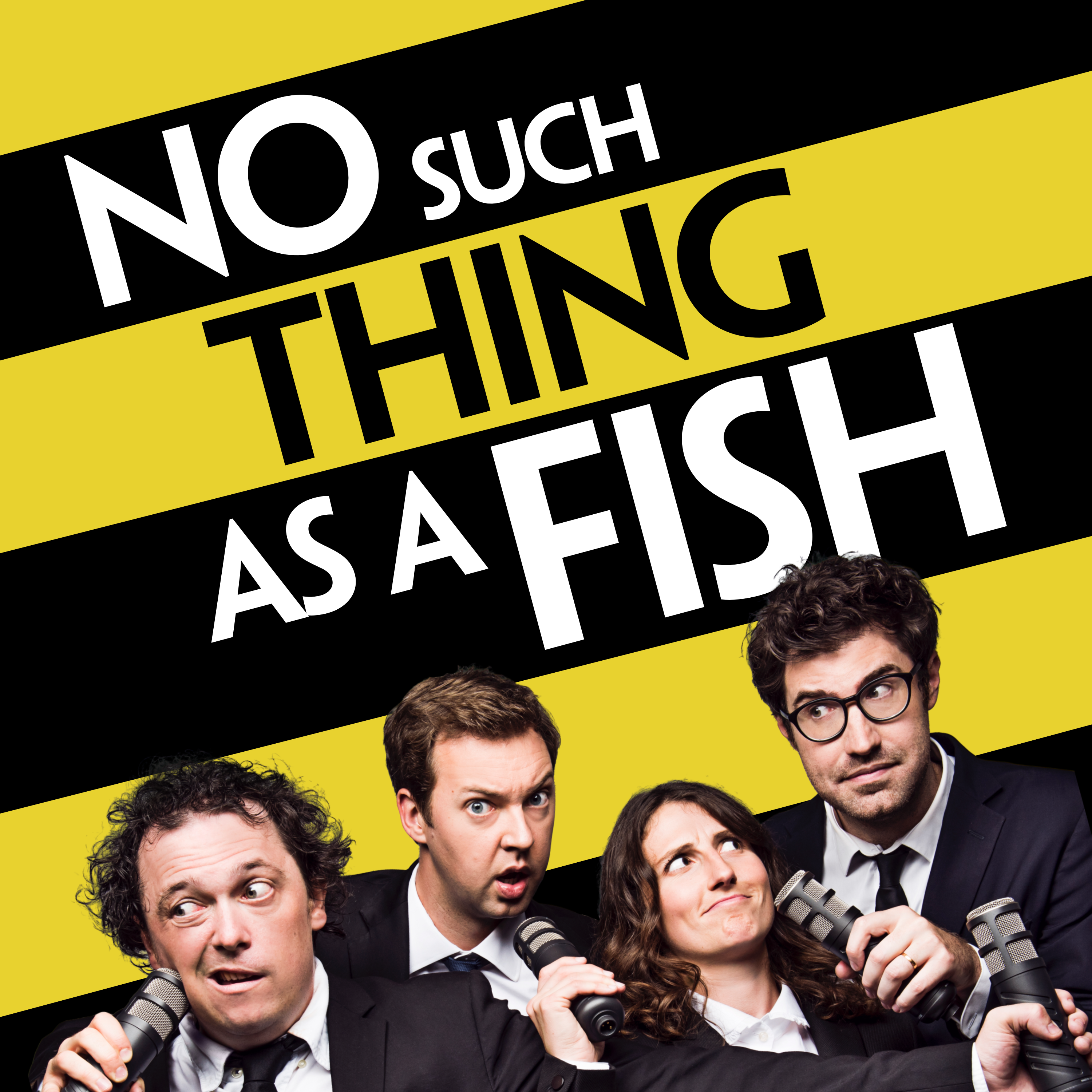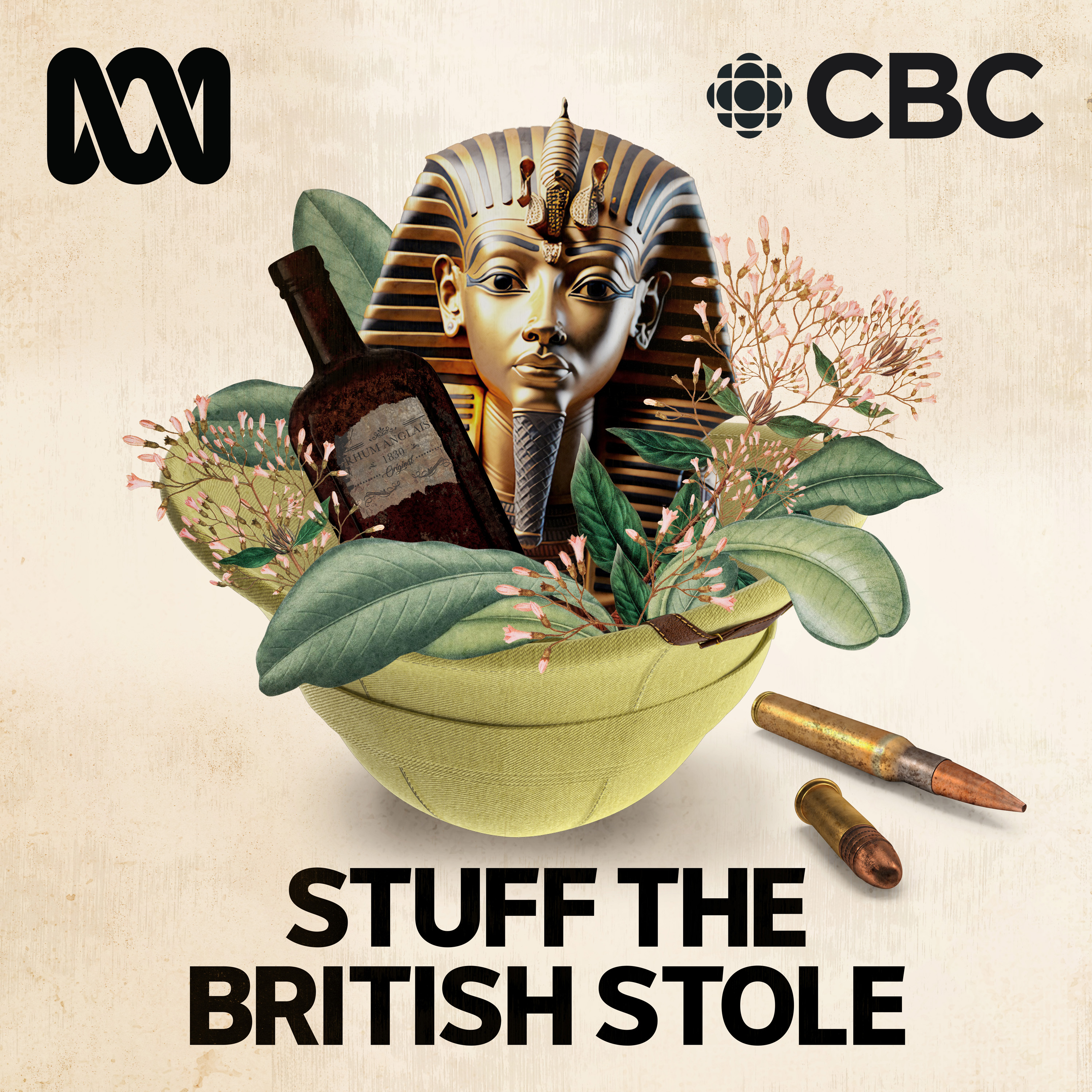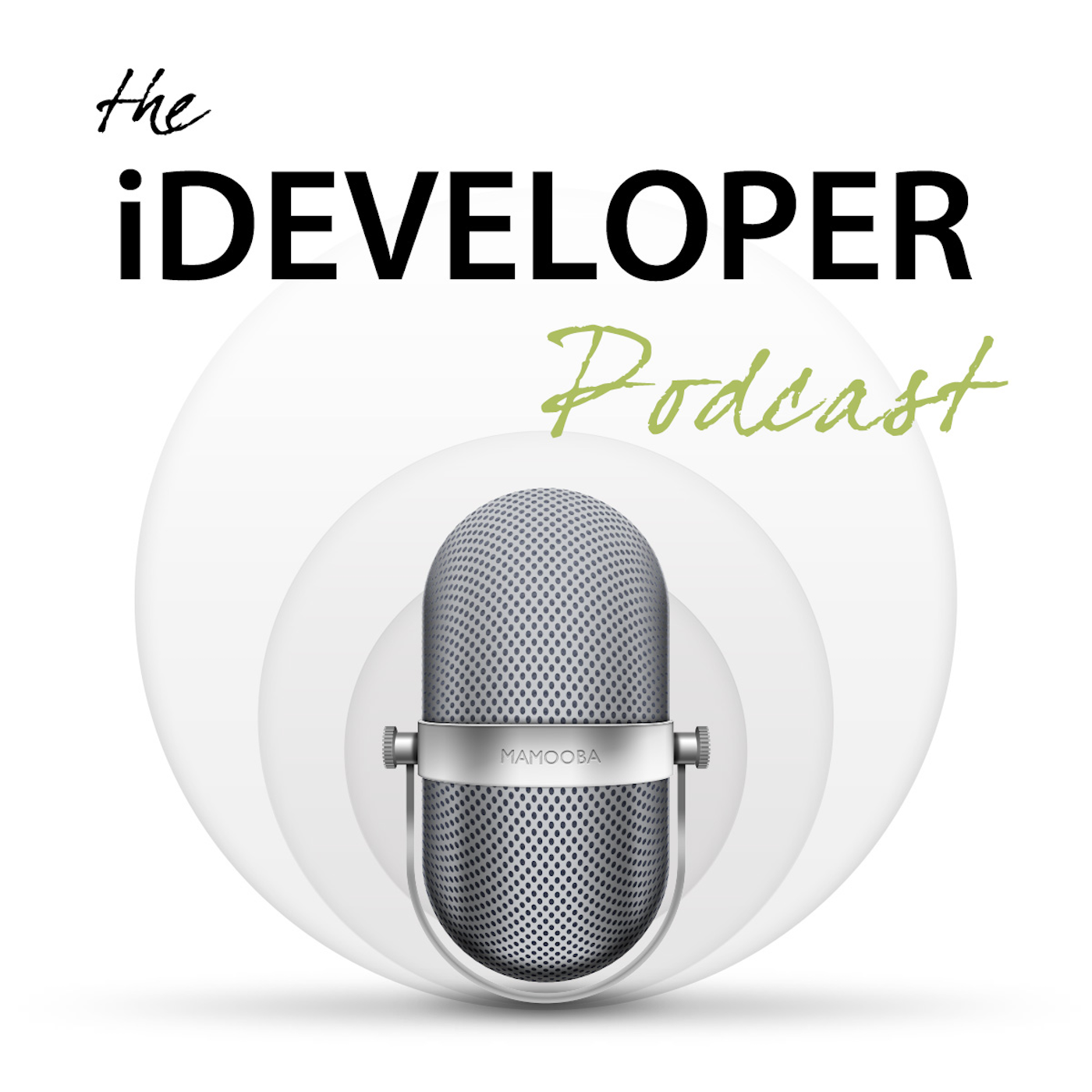
Piano, finally
Piano Finally is a podcast by an old bloke who is learning the piano, finally. I cover the process of learning the piano and music theory as an adult learner. I also review piano books, hardware and other materials from an adult learner's perspective.
Piano, finally
Episode 65 - Aspirations
Episode 65 – Aspirations
Welcome back to Piano, Finally, the podcast from an old bloke learning the piano. With the showcase just a week away, I’ve doubled practice sessions—half an hour in the morning, twenty minutes in the afternoon—rotating between the Kawai NV10 and Nord Stage 4. Devi’s electric Kawai will be the instrument on the day, so I’m aiming to be ready, even if the occasional wrong note slips through.
🎧 YouTube Spotlight – Paul Fey
My organ journey continues with Paul Fey’s channel
. Unlike Ben Maton’s rural churches, Paul explores grand cathedrals—St Peter’s in the Vatican, the Basilica of St John Lateran, and others across Europe. His playing showcases not only the music but the instruments and buildings themselves. Paul also offers music collections on his website, and sometimes even records on a Hauptwerk virtual organ. A channel full of grandeur (and the occasional penguin).
📝 Essay – Aspirations
Recent podcasts have focused on structured goal setting, but for me, aspirations work better. A goal implies measurable outcomes; an aspiration simply points the way. Last year, I thought playing at the 2025 showcase might be possible—that aspiration has now become reality. Though I abandoned Rossi’s Wild Chase in favour of the “old four,” I still count it as success. Looking ahead, my aspirations include tackling a few bars of Beethoven’s Moonlight or Waldstein, playing Elton John and Billy Joel, and even writing something original. No deadlines, just direction.
🎼 Review – Complete Beethoven Sonatas
To keep Beethoven in sight, I bought the Bärenreiter Complete Piano Sonatas
, a three-volume urtext edition from Music Junction (AU$297). They contain all 35 sonatas, including the early WoO 47 works. Sturdy, heavy, but not designed to sit flat on a stand—but inspiring to have on the shelf. Browse the full Beethoven repertoire at Music Junction
.
🎶 Coming Up
Before the next episode: Devi’s piano showcase, a big birthday party, and Sounds Inside at the Sydney Fringe Festival.
🎼 Progress
Daily practice of the four showcase pieces: Spindler’s Canon, Türk’s Bagatelle in F, and Craggs’ Afternoon Snooze and Blackout Blues. All recorded on the Nord Stage 4 using its electric piano settings.
You can contact me:
- via email at david@pianofinally.show; this is probably the best option
- the show website, www.pianofinally.show
- Instagram and Threads @pianofinally
- and on YouTube
- all the podcast directories - list
- here's the RSS feed
Some of the links to books and other items mentioned in the podcast may affiliate links for Amazon or other providers. If you use one of these links, a commission may be paid to me at no additional cost to you. Thank you if you use a link.
All reviews of products, websites and services are unpaid, and no sponsorship has been received for any content on this podcast.
G'day everyone, I'm David Reidy. Welcome to Piano, Finally, a podcast by an old bloke who's getting around to learning the piano. Finally. Welcome to show number 65. Thank you very much for listening. If this is the first time you're hearing the podcast. I hope you enjoy what's in the show. If you're back for another episode, then thanks for returning. If you too are learning a musical instrument, let me know how you're going with it. You can contact me at david at pianofinally.show. I've been doubling the amount of practice on most days this week, half an hour each morning and 20 minutes or so each afternoon. That's because of the upcoming piano showcase and I've said I'll do the four pieces I sort of finished. I know the pieces well and if I'm practicing and most importantly if I'm concentrating while I'm practicing then I get them right each time. When I played them for Devi during the lesson last week on the Kawai electric piano that we'll be using for the showcase I still managed to get some bits wrong. I've got to get better at continuing to play after a mistake by just playing along, which is something. Not needing that skill would be better though. At home, I'm using both the NV10 and the Nord Stage 4 for practice. I'm determined to do a decent job. A year 12 students were assessed on their musical performances for their final exams on Friday. The examinations are closed to everyone except the accompanist and the examiners, but since the school hall isn't soundproof, I could hear some of the performances while working outside, and what I heard was pretty impressive. I hope the examiners thought so too. I'm writing this on Saturday and recording it early on Sunday morning, as later today I'll be going to the Opera House for the next Sydney Symphony Orchestra concert. It's going to be a big one. Canadian pianist Marc-André Hamelin will be playing This Midnight Hour by Anna Clyne, and then Beethoven's Fourth Piano Concerto, and if that's not enough, after intermission, it's Shostakovich's Fifth Symphony. I had to find the Beethoven on Stage+, as Beethoven's Fourth Piano Concerto is not as well known as either Numbers 3 or 5, and I wasn't able to place it until the third movement. I suppose it's nice that the orchestra has programmed some less played pieces rather than just sticking to the hits. The Stage+ version I listened to had Daniil Trifonov as the soloist. My exploration of the world of organ music continues with Paul Fey's YouTube channel. I think a lot of organ music is written to be impressive. I've mentioned Ben Maton, the Salisbury Organist's channel, where Ben travels to small English country churches to play on their organs. Usually he chooses pieces that have some connection with the church and a small church often means small music. In one respect, Paul Fey's channel is similar. Like Ben, Paul travels to churches to play on their organs. After all, I doubt there are many people who have a pipe organ at home. I suppose that liking travel is an important factor of choosing to become an organist. Unlike Ben's country churches, Paul chooses the other end of the religious spectrum, large cathedrals with pipe organs to match. Paul was born near Leipzig in 1998 and discovered organ playing via his local church 15 years later. He has completed a degree at the University of Halle and is now a full-time musician, composer and YouTuber. The videos on Paul's channels fall into a number of categories. There are videos where he simply plays a piece of music on an impressive organ, but there are others where he explains what he is doing and the decisions he is making. In some of the videos, Paul spends time simply showing off the capabilities of the organ he is visiting, and, just like Ben Maton's videos, part of the enjoyment is seeing the buildings that the organs are placed in. And what buildings? Paul plays at St Peter's in the Vatican, at the Basilica of St John Lateran in Rome, and at numerous other churches from the 15th century forwards at sites around Europe. There are often stories with the organs, such as one of the organs having been played by Handel himself, although Paul plays the arrival of the Queen of Sheba on a different instrument. When not playing an impressive church organ, Paul has an organ console that is running the Hauptwerk virtual organ software. It sounds just as good as the real pipe organs, although the setting in Paul's house is much plainer. Paul's website also has individual pieces and collections of music that he has arranged for organ, some of which are suitable for beginners. There's a link in the show notes. I have really been enjoying watching the videos and listening to the music. These instruments were designed to be impressive, to demonstrate the power and majesty of the church, and Paul's playing brings this to the fore. give the channel a go. You are sure to hear some great sounds. Oh, and when you're watching Paul's videos, keep an eye out for the penguins. Aspirations. A couple of the podcasts I listen to have recently been speaking about setting goals and then planning to carry them out. They included how to set short, medium and long-term goals for piano learning, and how to structure everything to meet those targets. They included how to plan times for recovery, holidays, and school terms. In general, these were really comprehensive approaches, perfect for planning an all-out push to a goal, and I found myself wondering why. I suppose that if I were a professional musician, and my livelihood depended upon the next gig, and getting that gig required me to have a particular set of skills, or to know a particular repertoire, then I could see the point. But that's not me, and I'm guessing that most of you listening to this are not in that situation either. I'm learning the piano to have some fun, to develop some useful skills, to learn new things, and perhaps bring a little bit of happiness with my playing. I really don't need a planning document. That doesn't, however, mean that I don't have goals, but they're not set in stone. In fact, it would probably be better to describe them as aspirations, things I might eventually like to be able to do but with nothing more important hanging on them than the warm feeling of getting a job done. The nice part about an aspiration rather than a goal is that they can be much more general and they really don't have to have a measurable outcome. Not having a measurable outcome is a great idea if you're learning for pleasure. Here's a concrete example. I've known about Devi's Piano Showcase for almost a year. I attended last year's one, but didn't perform. Back then, I was still working towards being able to play pieces without mistakes. So the thought I had was that I would be able to play something at the 2025 Showcase. Time progressed, and as you've heard at the end of the podcast episodes, The pieces gradually began to come together, and I could play them for myself reasonably competently. Not always when I went to play them for someone else, but fine when I was alone. As I got more competent, the goal for the piano showcase didn't change. I'd play something. I added some new pieces to the repertoire, and sort of thought that Wild Chase by Wynn-Anne Rossi might be a good choice. That was the aspiration. It proved to be a bit too far, so I fell back to the four pieces I could play reasonably, and have for the past four weeks been concentrating on getting them up to performance level. Am I disappointed? No. I'm going to be performing at the showcase. I like the four pieces I'll be playing, although I'm a bit tired of the Canon, and I hope I'll be entertaining for the few minutes I'm on stage. If I had a goal, it would have been a fail, but as it was simply an aspiration, it's a success. So if I'm against goals shouldn't I also be against aspirations? Well I think that depends on the type of person you are. I like to know where I'm going even if I haven't planned out every step unless it involves having to charge the car on the way. So here are the things I'd like to head towards. I'm not saying I'll get there but I want to be moving that way. I want to play some Beethoven. The Moonlight and Waldstein sonatas are great, especially the openings. I'd like to play the opening bars. To help keep this target in sight, I bought copies of all the Beethoven sonatas. My chance of playing anything but the first few notes of any of them is zero at the moment. But the books will be sitting on my music bookshelf to remind me of where I'd like to head. I would like to play some of Elton John's and Billy Joel's piano music. This is possibly more achievable than the Beethoven, and I'll talk to Devi about it next term. Adding chord playing to pop songs could also get a look in. To keep that one in mind, I have a playlist on Apple Music with some of my favourite piano tracks from the pop world. Finally, I aspire to write something musical that isn't terrible. I'm playing around with improvising at the moment and finding it fun, even if a little frustrating. Maybe if I get the pop song thing happening, I can work with the chords and come up with something. None of these plans is critical. They are all nice ideas that can keep me moving forward. Will I achieve them? I have no idea, but I'll try. Will I be disappointed if I don't get there? Probably not. I don't have success criteria. These aren't goals. They don't have an end point. The Beethoven sonatas will sit on the shelf And I'll transcribe a few tens of bars into the iPad for practice But the books will be visible at the piano, keeping pointing the right way I'll listen to the Billy Joel and Elton John And be inspired to do a bit of extra practice next time I'll spend the last five or ten minutes of each practice session Trying to make something new on the keyboard Aspiring to improvise, but not defining myself by it As I mentioned earlier, it's important to have a visible destination, and so this week's purchase is part of doing just that. In all, Beethoven wrote 35 piano sonatas, and I have bought them collected in the three-volume set of Beethoven Complete Sonatas for the Piano Forte, the Bärenreiter Urtext Edition. There are many published versions of the Beethoven Sonatas, so choosing can be difficult. I chose an Urtext edition because I thought it would be nice to get as close to Beethoven's original composition as possible. If you're not familiar with the Urtext idea, the word comes from the German prefix Ur, which means original. So an Urtext edition is meant to be the original form of the work by the composer. This is not to be confused with the facsimile edition, where the handwritten pages are reproduced exactly. An Urtext edition is still properly engraved using modern conventions, but without additional editorial editions such as fingerings and dynamics, unless the composer put them in. It's just as well that this isn't a facsimile. The university I went to had some Beethoven manuscripts that they sometimes put out on show in the Rare Books section. I assume that when he wrote the music, Ludwig was working quickly, and his handwriting is almost indecipherable. He'd challenged some of my Year 9 students for illegibility. The edition I chose is from Baron Writer. A quick internet search suggested that this edition had the best engraving, so that was the one I went for. One thing about music editions and searching online is that whereas Amazon often displays a few pages of any title they are selling, they don't do it for music books, and so it's a bit hard to know if the internet's opinion was correct. Incidentally, I didn't buy it from Amazon. I used a local music store, of course. It's everyone's job to support the local music scene. In all, it cost $297 Australian dollars. As the name suggests, this is the complete collection. The three volumes contain the sonatas in chronological order. The collection starts with the three WoO 47 sonatas, which apparently Beethoven didn't want published, as he wrote them when he was 12, and this is followed by the Sonatas from Opus 2 to Opus 111. There is a brief explanation of the provenancee of the editions used to produce this collection, written by the editor, Jonathan Del Mar. If you want a much more in-depth explanation, there is a companion volume that explains everything, but it costs as much again as the three-volume collection. The books are a little larger than A4 in size and printed on slightly off-white paper. The engraving is large and very clear, up to the standard we would expect from any modern printed score, and compared with some of the free editions available in IMSLP, these are eminently readable. The books have perfect binding, so they're not going to sit open on a piano music stand without considerable help, and they're heavy. If you want a complete set to learn from, to use as a reference, or just to use for inspiration, the Bärenreiter Complete Beethoven Piano Sonatas is a good choice. Coming up before the next episode is the Piano Showcase. It's happening next Sunday, and so we'll need to record some of the episode before the showcase, and then review the showcase when it's over. That may mean that the podcast gets put off until the following week, as I have other events over the weekend, including my best friend's birthday party on Saturday, which involves a number ending in a zero. So I'm expecting or run late. On Friday evening, I'm also attending Sounds Inside, an event that is part of the Sydney Fringe Festival. The event is described as a sonic playground and hands-on workshop featuring synths, drum machines and other electronic instruments. The blurb says that it is for experienced beatmakers as well as beginners, so I'm going to give it a go. I'll let you know how it turns out. If you'd like to contact me, email is the best way. You'll find me at david at pianofinally.show and the website at www.pianofinally.show. In both cases, piano finally is all one word. The show is also on Spotify and available as audio only on YouTube. You can subscribe via any popular iOS or Android podcast application or from directories such as Apple Podcasts, Spotify or YouTube. I also post an excerpt and link for each episode as an Instagram Reel. If you're learning an instrument, let me know where you are in your journey, what's going well and what are the challenges. How are you managing your time? What are your aspirations? So until next week, or perhaps the week after, I hope your piano stays in tune and you enjoy your time at the keys. Once again this week, the pieces have been recorded using the Nord Stage 4 and some of the electric piano settings. The Nord keyboard is closer to the feel of the Kawai keyboard on the electric piano we'll be using at the showcase. The pieces are the four that I'm planning to perform at the showcase next week. The Fritz Spindler Canon, Daniel Gottlob Turk's Bagatelle in F, and two pieces by Andrew Craggs, Afternoon Snooze and Blackout Blues. At the moment, they're getting two practice sessions each day in the run-up to the showcase. bass plays. The
Podcasts we love
Check out these other fine podcasts recommended by us, not an algorithm.

Connected
Relay
Upgrade
Relay
No Such Thing As A Fish
No Such Thing As A Fish
We Can Be Weirdos
Global
Stuff The British Stole
ABC and CBC
The iDeveloper Podcast
Steve Scott (Scotty) & John FoxRaven On: A Pop Culture Podcast
Natalie Bochenski & Stuart Layt
Smart Enough to Know Better
Dan Beeston & Greg Wah
TopMusic Piano Podcast
Tim Topham
The Chopin Podcast
Garrick Ohlsson and Ben Laude



